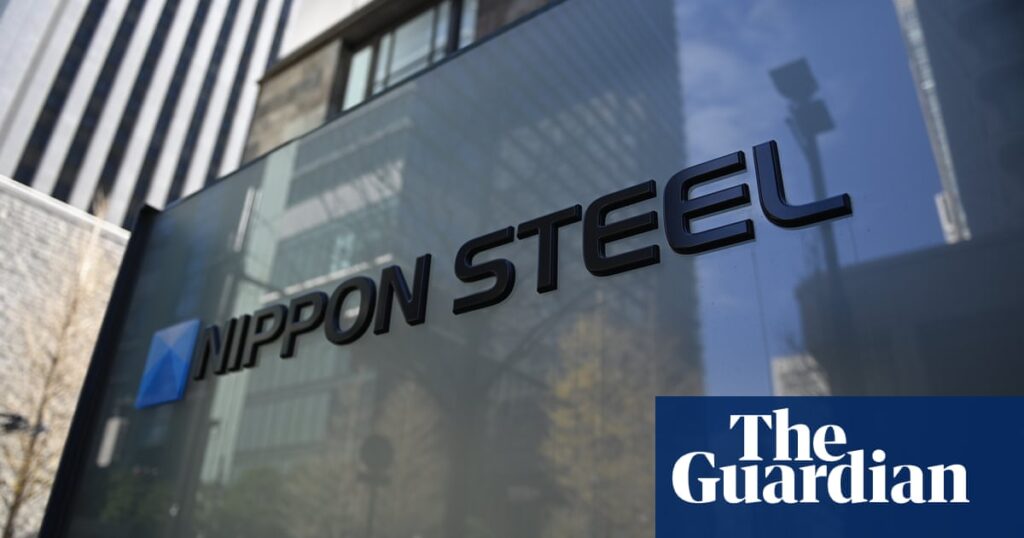The Biden administration has delayed an order forcing Nippon Steel to abandon its $14.9 billion bid to buy U.S. Steel until June, potentially giving both companies time to revive the politically contentious deal. .
Joe Biden blocked the deal on January 3 on national security grounds, and Treasury Secretary Janet Yellen said this week that the proposed deal would undergo a “thorough analysis” by the Committee on Foreign Investment in the United States (CFIUS). He said he received it.
The delay will give the court time to consider legal challenges brought by steel makers against Biden’s order. Previously, both parties had 30 days to terminate the deal.
“We are pleased that CFIUS has granted President Biden’s executive order an extension to June 18, 2025 of the requirement that the parties permanently abandon the transaction,” the companies said in a statement.
“We look forward to completing a transaction that will ensure the best possible future for the U.S. steel industry and all stakeholders.”
June 18 is the expiration date of the current acquisition agreement between Nippon Steel and U.S. Steel, according to a spokesperson for the Japanese company.
Biden and his successor, Donald Trump, both oppose Japanese companies buying American steelmakers, as candidates compete for union votes in the November election, which Trump won. expressed.
U.S. Steel and Nippon Steel argued in Monday’s lawsuit that Biden’s longstanding opposition to the deal biased the CFIUS review and denied them the right to a fair review. They asked a federal appeals court to overturn Biden’s decision. This would allow for a new review to complete the merger.
The Secretary of the Treasury chairs the CFIUS Committee, which reviews foreign acquisitions of U.S. companies and other investment transactions for national security concerns. CFIUS typically decides cases directly or submits recommendations to the president, but in the U.S. Steel-Nippon Steel case, the committee could not reach an agreement and left the decision to Biden.
CFIUS rarely vetoes agreements involving G7 countries, including Japan.
Japanese Foreign Minister Takeshi Iwaya said on Sunday that he told outgoing U.S. Secretary of State Antony Blinken in a recent meeting that he deeply regretted Biden’s decision to block the sale on national security grounds.
“The broader context of the Japan-U.S. alliance is extremely important, and it is imperative that we address it appropriately so as not to disrupt this deal,” Iwaya said on a talk show on public broadcaster NHK.
“Japan is the largest investor in the United States. There is concern in the business community, and I will continue to urge the United States to alleviate these concerns.”



